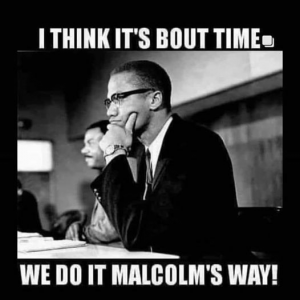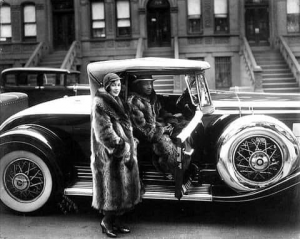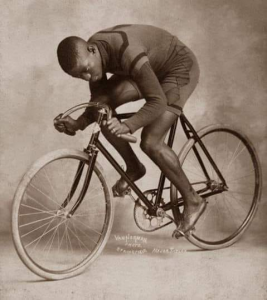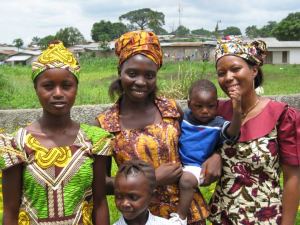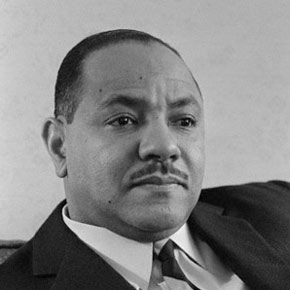- 3,275
- 6,285
- Joined
- Mar 16, 2020
Whoever set it up. Lmk, I'll copp that ticket to wherever it's at... Lol...NT summit "Misogynist incels" vs. "Captain save a h***"" bball game needs to happen ASAP. I bet the game doesn't last 3 minutes before the guns comes out. That's how heated it got in there.

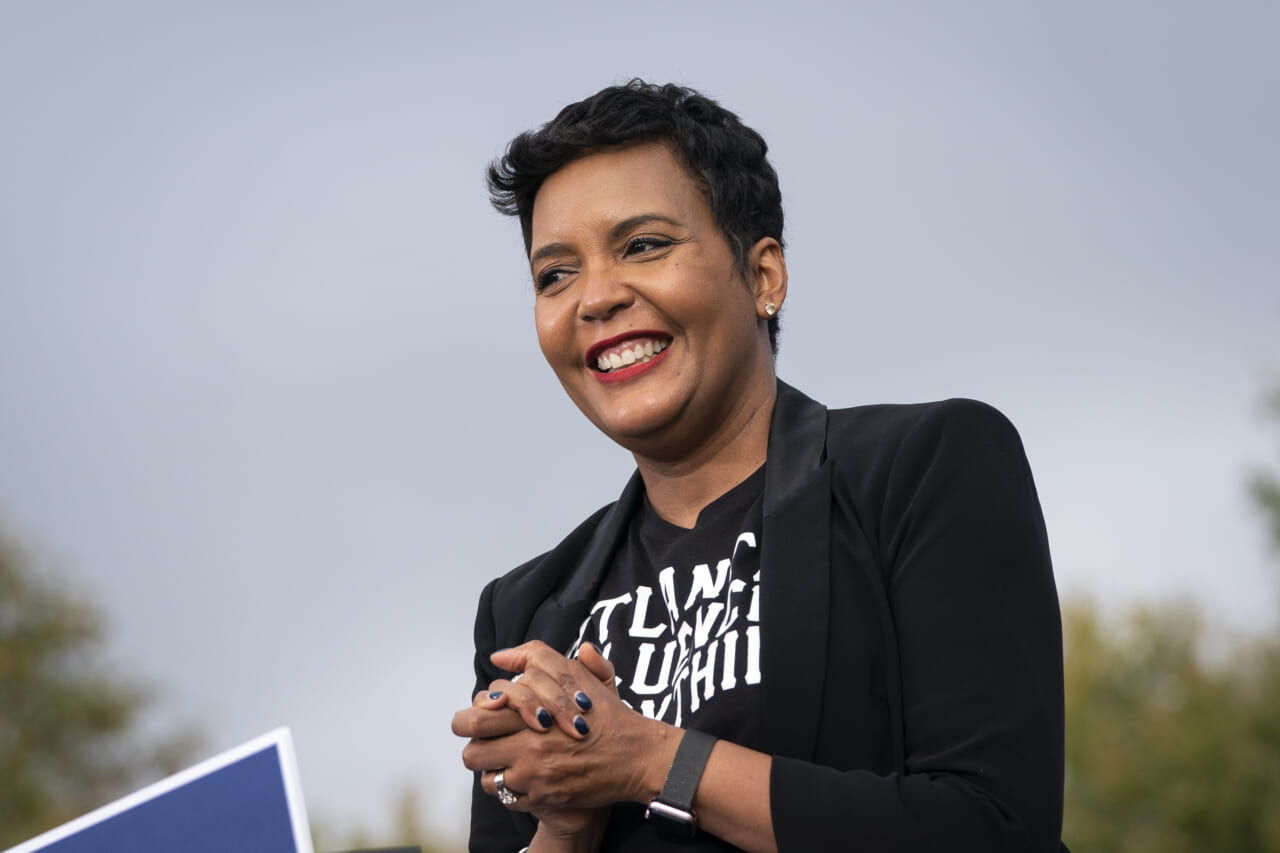







![Alien 0] 0]](/styles/default/xenforo/NTemojis/alien.gif)




